Coping with sexual assault
Courtesy of Airman 1st Class Denise Nevins
WE’RE SURVIVORS: Sexual assault is a growing problem in our society that affects thousands of men and women everyday, and it needs to be stopped.
In 2015, statistics showed 1.6 out of every 1,000 people were sexually assaulted. In 2015, there were nearly 320 million people in the United States. This means that nearly 200,000 people were sexually assaulted in 2015 alone.
It’s easy to find statistics such as these, but how many people are still affected by this? How many people believe it’s their fault they were assaulted? Where are those statistics?
In 2017, I found the answers for myself. On Aug. 14, 2017, I was raped. As it happens, that day was my 15th birthday.
I was told it was my fault I was raped because I was wearing a crop top and shorts. I believed it was my fault for months. I was dressed a certain way, so it was my fault, right?
I figured out that wearing certain clothes doesn’t tell people that you want to have sex. When you go to a beach, you don’t see everybody getting raped, right?
Still, I was told I was a “call-girl” because I was barely 15 and I needed an STD test. I was also told I was lying and looking for attention, so I stopped telling my friends. I hadn’t even told my mom.
The rumor going around the school he was attending was that I wanted him and when he said he didn’t want me, I became the girl who called rape. He’s relatively popular at that school, so why would anyone think differently? One of my best friends, who also goes to that school, heard the rumors and abandoned me shortly after calling me a “sad whore.”
She had feelings for a rapist and believed his word over mine.
Some people may be afraid to speak up about an instance such as sexual assault due to reasons like this, but that’s why it’s important to go to a professional. It’s currently over a year later and I have severe anxiety, but I’m finally starting to heal.
A lot of people are left in the dark when it comes to how to cope with sexual assault and rape. I didn’t know how to get over this experience because I had no form of coping skills, other than dysfunctional ones. If something like this has happened to you, you can’t hold it all inside. Tell somebody that you trust what happened to you. Call the sexual assault hotline at (800) 656-4673.
You’re also going to need some coping skills to use if (and when) you start to get overwhelmed. Some that helped me are 478 breathing, mindful breathing, as well as lucid dreaming.
478 breathing is a technique where you inhale for four seconds, hold for seven seconds, and exhale for eight seconds. This technique is based on pranayama. Pranayama is an ancient Indian practice that refers to the regulation of breath.
A mindful breathing technique that I use includes a sticky note, a pen, and a minute of your time. On each side of the sticky note, write the numbers one through 4. On side one, inhale for three seconds. On side two, exhale for three seconds. On side three inhale for three seconds. On side four, exhale for three seconds. Repeat until you feel better.
Lucid dreaming is my favorite coping skill because anything is possible. On the other hand, it is very hard to achieve. There’s three types of lucid dreaming; WILD (wake induced lucid dreaming), MILD (mnemonic induced lucid dreaming), and DILD (dream induced lucid dreaming).
Personally, I think WILD is the easiest to achieve. Lie completely still and focus on one thing in your mind while breathing heavily. Your body will try to make you move to see if you’re actually asleep, but if you move, you will have to restart. After breathing heavily for a few minutes, you can begin to breathe normally again. After about thirty minutes, you’ll begin to see what you were focusing on and it will become a dream.
That’s when you can start to control your dreams.
Through lucid dreaming, I was able to forgive someone who was present the night I was raped. I made eye contact with someone walking by. Somebody saw me. Somebody saw what was happening to me. My immediate reaction was joy.
I was going to be saved. This man saw me and I knew when he came over and helped, I would hug him, cry, and thank him endlessly.
My joy soon faded when the man began walking away faster. If I had been smoking weed, I’m convinced he would have come up to me and called the cops. I needed help and he didn’t care. I needed somebody to free me from the hands of my rapist. I needed somebody.
I began lucid dreaming about that man. I made situations where he had headphones in and couldn’t see or hear me very well on the dimly-lit bench. He apologized in every scenario. I tried to find the good in the bad. After all, he didn’t rape me. I would have still been raped.
I was able to forgive someone without ever meeting them. Truth be told, I don’t know what happened that night. The man could have very well been watching and decided it was in his best interest to just let it play out. I have no way of knowing, but I forgave him.
When it happened, I didn’t want to speak of my experience because that would make it real. I didn’t want to believe what had happened. About a year after I was raped, I finally spoke up about it and it made me feel at peace for the first time in a year.
My therapist, Sandra Clark, had some coping skills to add to my list of existing ones, For a victim of sexual assault, she would recommend, “Deep breathing, journaling, positive affirmations, and lots of therapy.”
Without a person coping or speaking up about what had happened to them, the long-term consequences can include “Depression, anxiety, poor choices, bad relationships, and using drugs,” she said.
The first step is to tell someone. Speaking up can be the difference between being happy and going absolutely crazy. You don’t have to say who the perpetrator was, but talking about what happened to you can help tremendously.
If something like this happened to you and you’re feeling suicidal, please call the suicide hotline at (800) 273-8255. Life will get better, but you have to stick around to see it.
Editor’s Note: This article originally appeared in the Winter edition of the Forecast literary arts magazine.

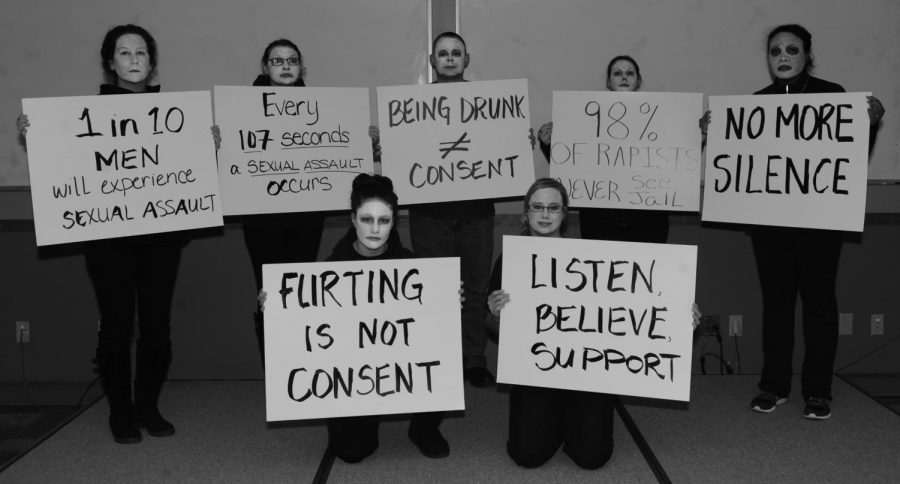
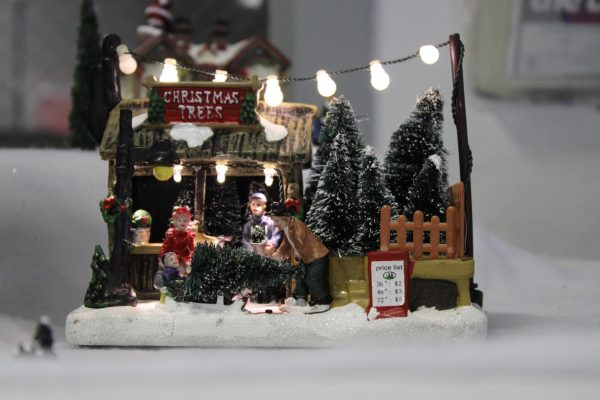
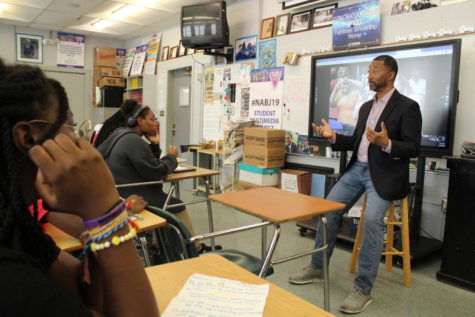
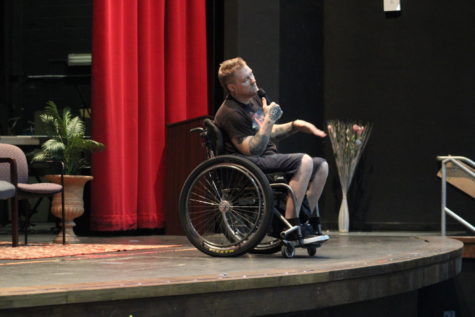
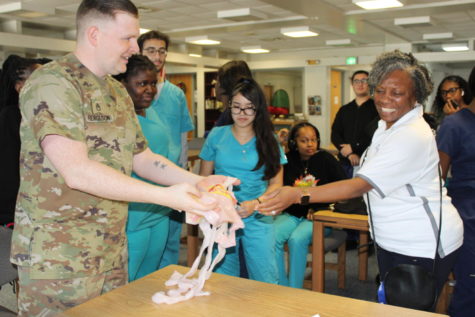

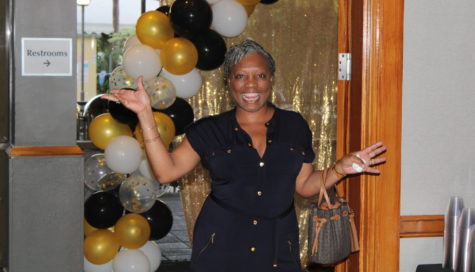
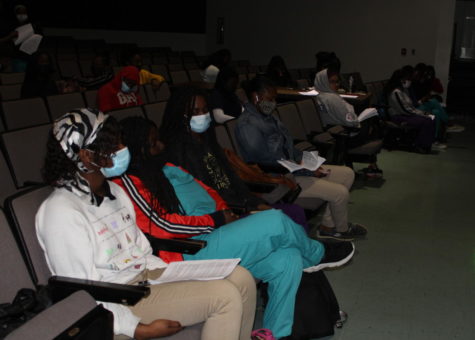
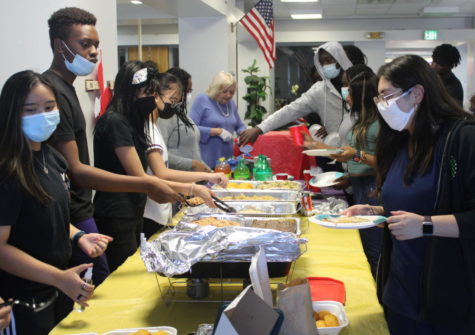

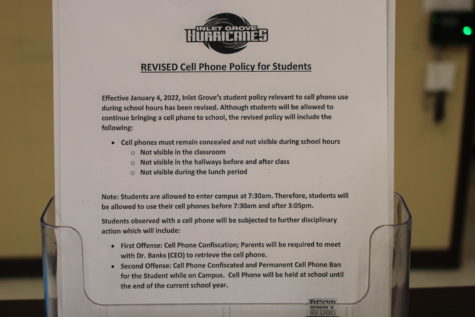
Deanna Pientka • Dec 12, 2018 at 7:39 am
I love that you are speaking out and writing about your experience will definitely help others. I too was a victim of sexual assault, by two different step fathers. The first one I was believed, maybe because he admitted to it. The second one, when I told my mom, she did leave the man. However years later when we were talking about it again she said “It really happened?”. It took me a long time to resolve this within myself, not only about the sexual assault but my anger towards my mom for not protecting me. I realize now that she couldn’t and I wasn’t tarnished or dirty. I am so proud of you for speaking out and getting the help you needed. You are strong! You are beautiful!